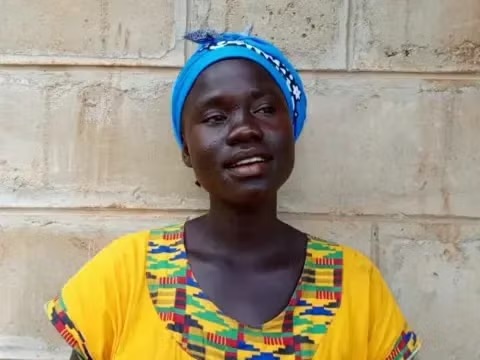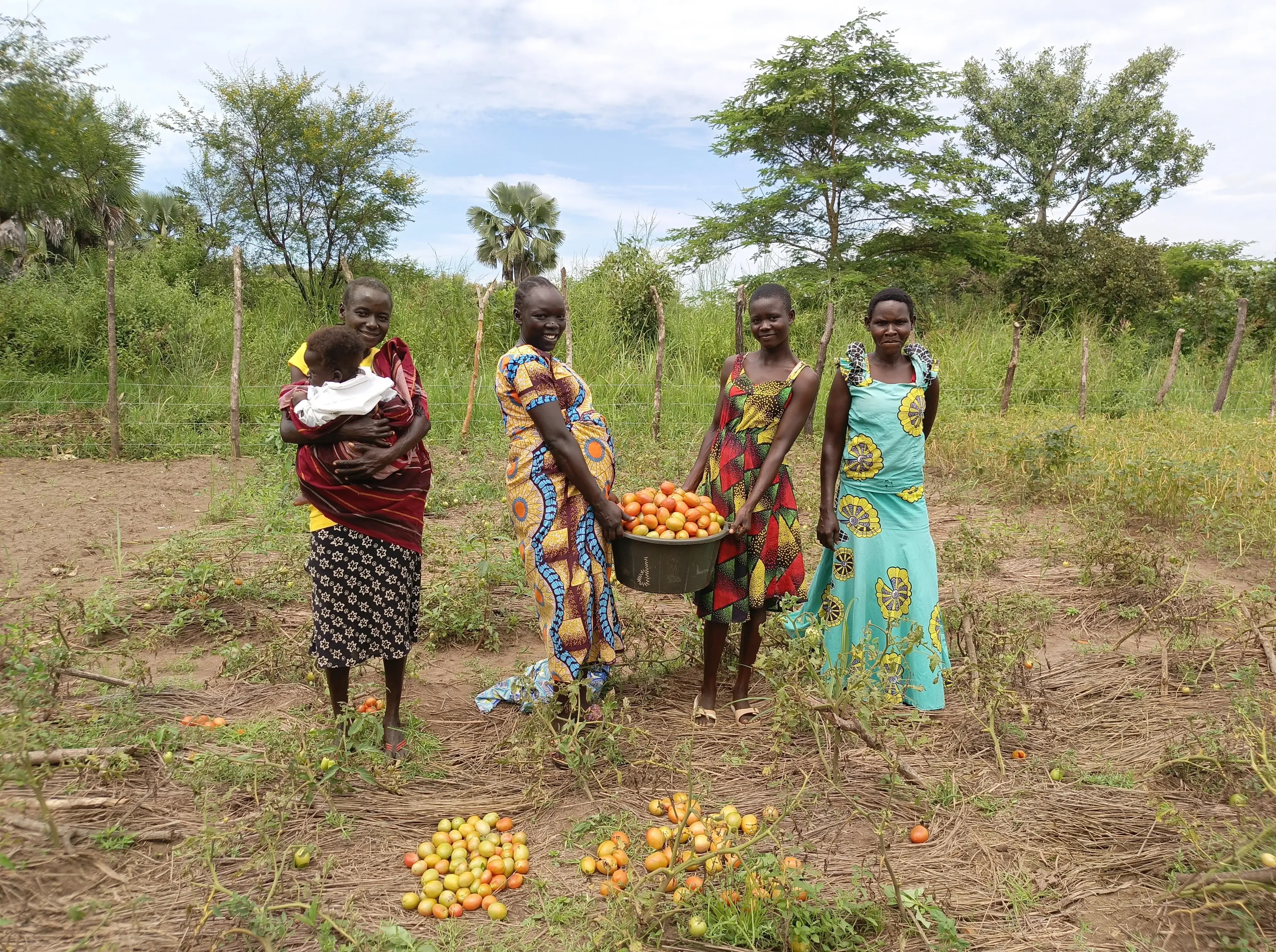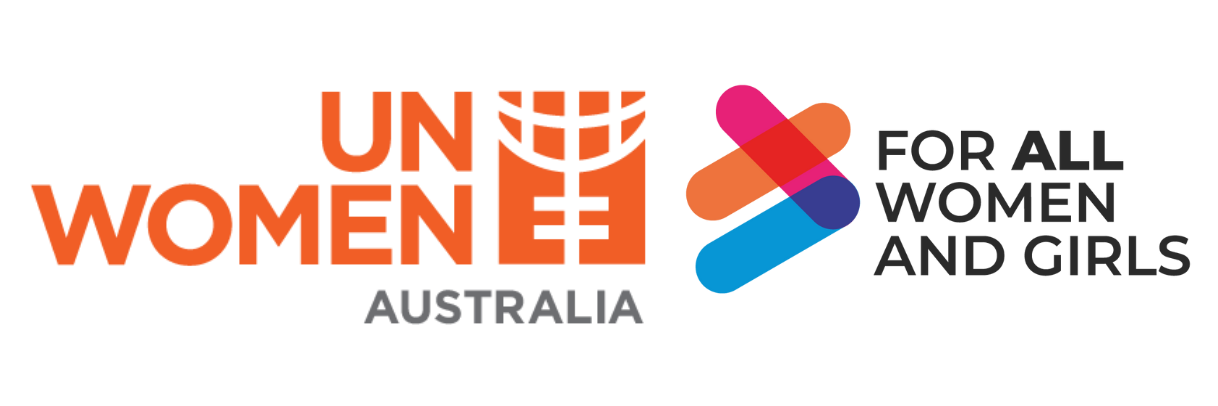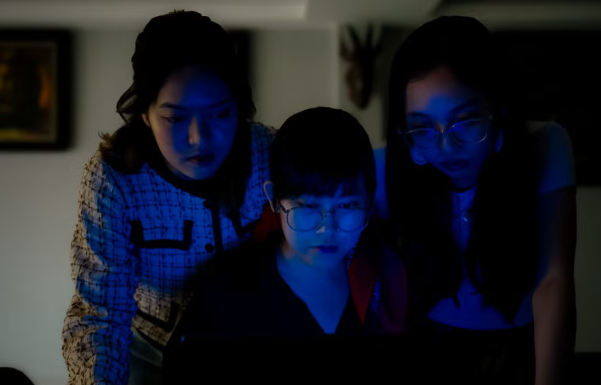STORIES OF CHANGE
South Sudan:
Climate Impact

Credit: WfWI
How Women are Weathering Climate Impact and Increased Violence
"The tall grass hides men who rob and rape women along the roads,” she explains.
Winny is one of the first 247 women participating in the Stronger Women, Stronger Nation (SWSN) programme led by Women for Women International (WfWI), in partnership with Women for Change and the South Sudan Law Society, to address violence against women and girls in the volatile context of South Sudan.
Funded by the UNTF during the first year, the initiative has already engaged nearly 500 members, including displaced persons, in community-led activities to help women adapt to climate impacts and protect their rights.
-
Informational training: critical modules that include the value of women’s work, health education, rights and decision making, financial literacy which encompasses benefits of saving, and group formation, including how to from and run a Village Savings and Loan Association (VSLA).
-
Skill-building: numeracy, business skills, and a chosen vocational skill. Vocational training has focused on agriculture and bakery as the most economically viable vocations for women in Mugwo.
-
Resource provision: includes monthly cash stipends, resources to pursue chosen vocations, referrals to health and legal services, and access to savings groups.
-
Connections to networks: shared support through local women’s networks, global supporters, and fostering connections with other women, including former graduates from the programme.

Supporting vulnerable women in war-torn Ukraine
In a landscape where gender-based violence looms large and support services are scarce, especially for the most vulnerable communities, the need for action has never been more urgent.
Discover how Club Eney, with support from the UN Trust Fund to End Violence against Women, remains a beacon of hope, offering shelter, medication, and vital support to marginalised women and girls in war-torn Ukraine.
Cambodia: Digital Resilience
Members of the youth group Breakthrough (from left) Ung Rong Phaltevy, Sinoun Poev and Bodalin Heng, shown in Phnom Penh on 2 July 2025, are among activists of women-led Cambodian civil society groups facing increasing online risks. UN Women recently organized a workshop to bolster the cybersecurity skills of these groups. Photo: UN Women/Lim Sophorn
Hear more stories
Follow us on our socials for more stories of incredible women and girls around the world




